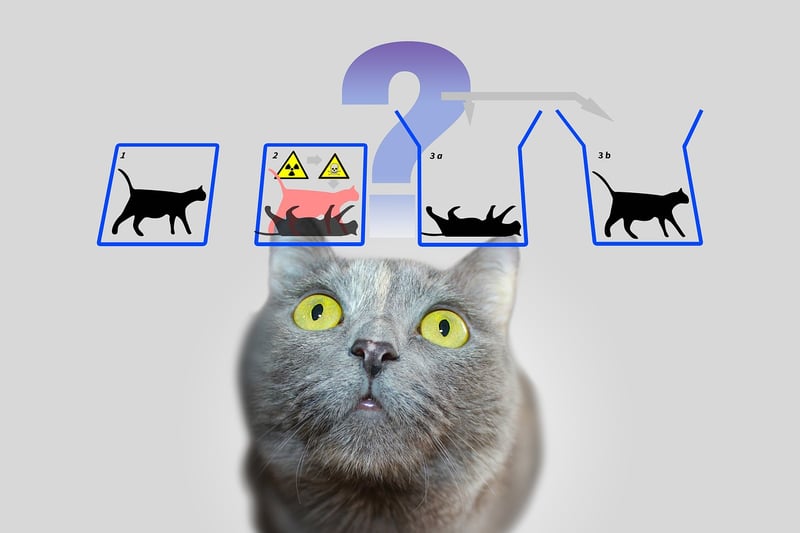Bootstrap Paradox
The Consequences of Time Travel and the Bootstrap Paradox
Time travel has long been a fascinating subject in science fiction, raising questions about causality, free will, and the consequences of altering the past or future. One intriguing concept that often comes up in discussions about time travel is the Bootstrap Paradox.
What is the Bootstrap Paradox?
The Bootstrap Paradox is a theoretical paradox that occurs when an object or information is sent back in time and becomes trapped in an infinite cause-and-effect loop without a clear origin. In simpler terms, it raises the question of what came first: the object or information itself, or the events that led to its creation?
Consequences of Time Travel
Time travel, if possible, could have profound consequences on the fabric of reality as we know it. Some potential consequences include:
- Alteration of historical events leading to unintended consequences
- Creation of paradoxes such as the Grandfather Paradox or the Bootstrap Paradox
- Violation of causality and the potential for creating alternate timelines
- Moral and ethical dilemmas related to changing the course of history
Bootstrap Paradox Example
An example of the Bootstrap Paradox is a scenario where a time traveler goes back in time and gives a famous author a copy of their own book before it was written. The author then publishes the book under their own name, leading to the existence of the book without a clear origin or author.
Conclusion
While time travel remains a theoretical concept, exploring its consequences, such as the Bootstrap Paradox, can lead to fascinating philosophical discussions about the nature of time, causality, and existence.
For more information on time travel and related paradoxes, check out this Wikipedia article.


